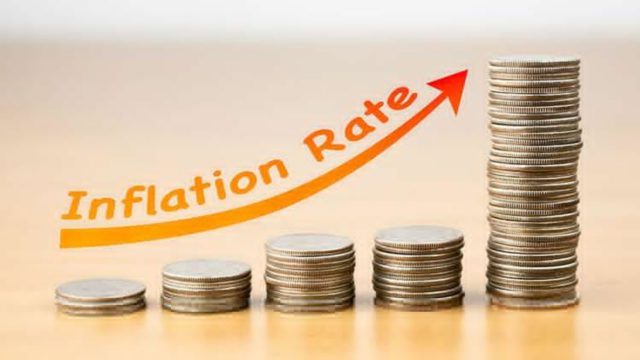Nigeria’s inflation rate climbed to 22.41% in May 2023, marking a new 17-year high, on accelerated price of food and other items across the country.
The National Bureau of Statistics (NBS) monthly inflation rate published on Thursday June 15 said the figure represents an increase of 19 basic points compared to April’s headline inflation rate of 22.22%.
On a month-on-month basis, the inflation rate in May rose by 1.94%, surpassing April’s rate of 1.91% by 3 basis points. Analysts had predicted the possibility of a new seventeen-year high for May’s inflation rate, attributing the rise to a 3% decline in the exchange rate and an 18% increase in the money supply.
Food inflation, which has been steadily rising for the past 15 months, reached 24.82% in May, up from 24.6% in April. This increase reflects the impact of food shortages resulting from insecurity and seasonal factors.
Conversely, the Core sub-index, which excludes food and energy prices, decreased by 8 basis points from 20.14% in April to 20.06% in May, marking the first decline since February 2023. An analysis of the contributions of various items to the acceleration of the headline index reveals that Food and Non-Alcoholic Beverages accounted for half of the year-on-year price growth recorded during the period.
Other sectors, such as Housing, Water, Electricity, Gas & Other Fuel, Clothing & Footwear, and Transport, also contributed to the increase in the price index.
Inflation has remained high in Africa’s largest economy, prompting the apex bank to hike interest rates to their highest levels in nearly two decades.
In an aggressive push to contain the nation’s inflationary pressure, the Central Bank of Nigeria, in May, raised its benchmark lending rate to 18.5 per cent.








More Stories
Teenager in viral photo of Obi’s 2023 presidential campaign rally, Alabi Quadri languishes in jail
Ribadu tells families of kidnapped victims not to pay any ransom
Ndume tackles Tinubu over massive borrowings, lists ‘spurious’ items